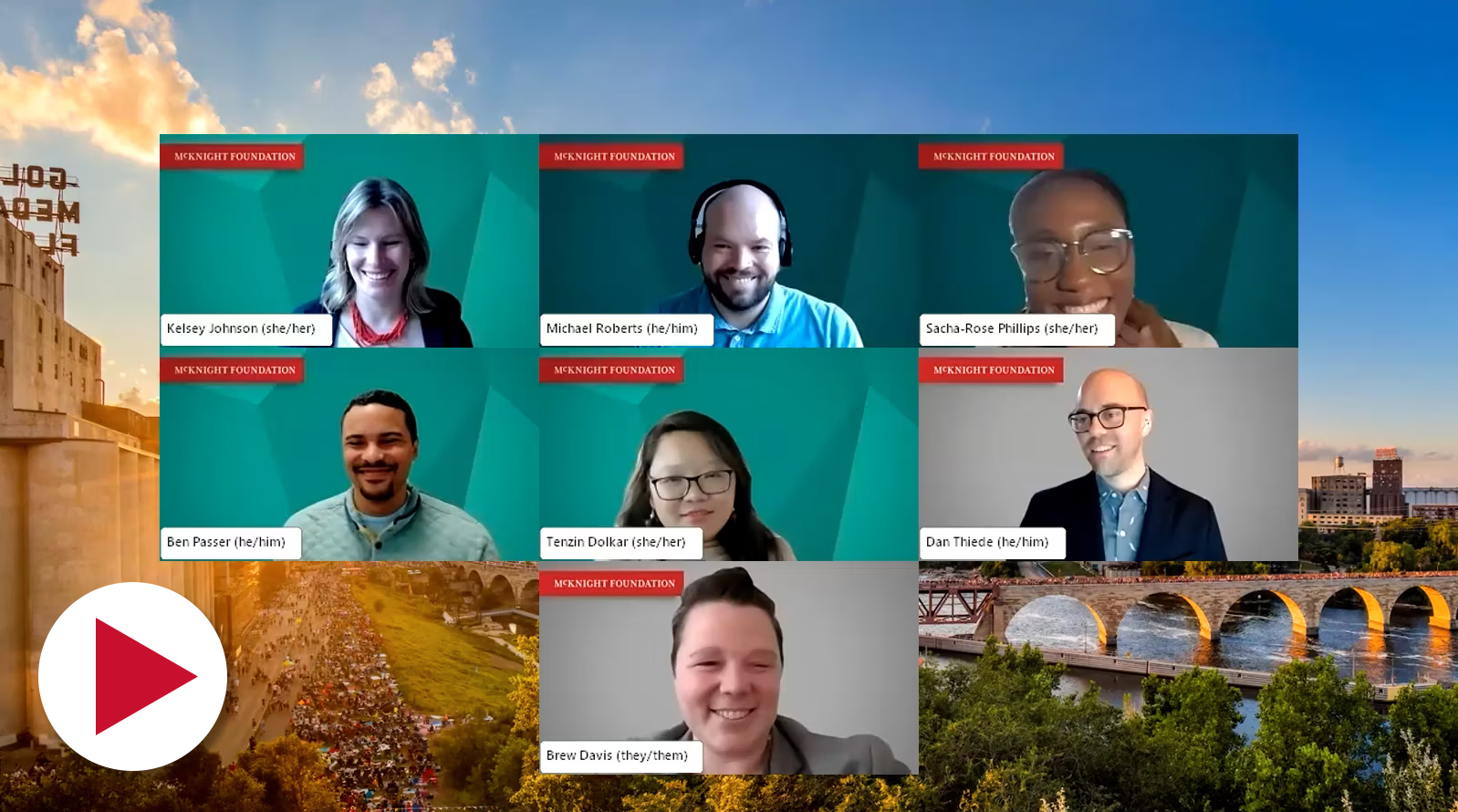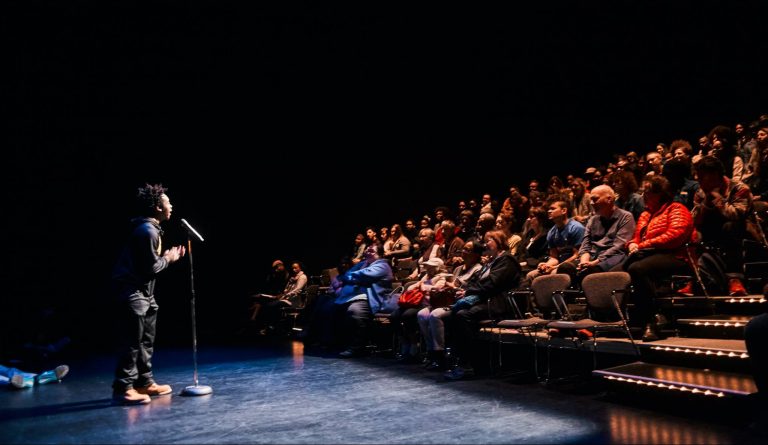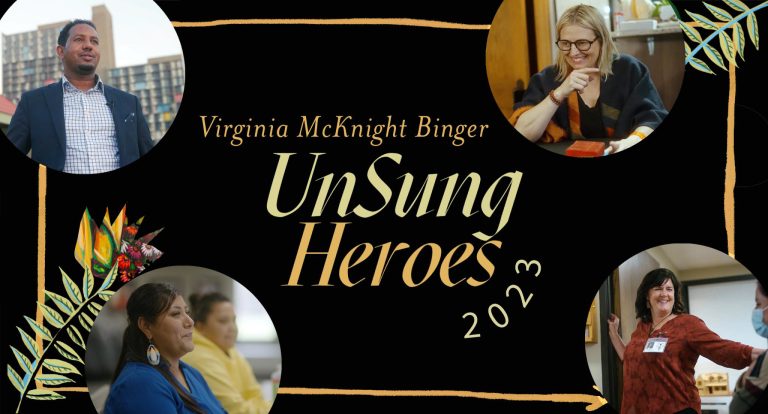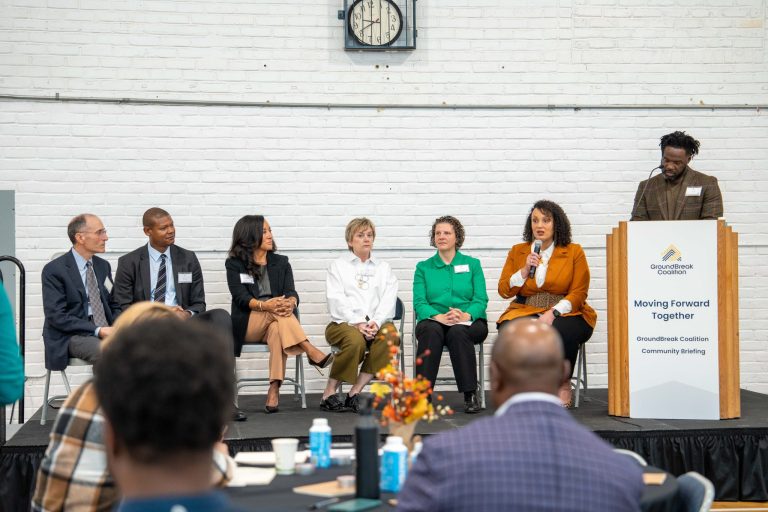When McKnight began funding clean energy in 1994, the Midwest’s many coal plants put us at the center of America’s climate and pollution problems. Now, new clean energy jobs and rapid investments in wind, solar, electric vehicles, and energy efficiency are growing and diversifying the Midwest economy, making our region the heartland of climate solutions. McKnight, along with many partners, is proud to have played a role in this transformation.
For 30 years, our climate grantmaking has grown along with the climate movement, and today our Midwest Climate & Energy program is proud to support a network of over 100 grantees, many at the intersection of climate and equity, across an increasingly diverse Midwest.
“We’re on a path to deliver 100% clean energy with equitable advances in financing, workforce development, and support for industry that will grow millions of family-supporting jobs and ensure we create the first just transition in our nation’s history.”–SARAH CHRISTIANSEN, MIDWEST CLIMATE & ENERGY PROGRAM DIRECTOR
Today we also find ourselves in a paradoxical moment of both extreme threat and opportunity. Scientists warn we have a brief window to avert the worst impacts of climate change. At the same time, we are at a turning point for climate action—a record 59 percent of Americans are either alarmed or concerned about the climate crisis, and historic federal investments will create a steady stream of funding to states and local communities over the coming years. How we engage and support communities, steer these investments, and create enabling conditions for bold action will determine whether or not we will be successful.
It took more than 100 years to build a fossil fuel-based economy, so we understand that change will require a firm and enduring commitment. We also know that America’s heartland is ground zero for bold and innovative climate action. States throughout the Midwest are harvesting wind and solar, electrifying entire neighborhoods, and manufacturing electric vehicles and batteries that will drive the economy forward. We’re on a path to deliver 100% clean energy with equitable advances in financing, workforce development, and support for industry that will grow millions of family-supporting jobs and ensure we create the first just transition in our nation’s history. If we can do it in the Midwest, we can do it anywhere. To create this future, we must act now, we must act boldly. We must act together.
Within this context and through shared learning with our grantee and community partners, over the last year our program staff took a close look at our goal and strategies, emerging with a renewed focus on how we can leverage our strengths and assets for greatest impact for people and the planet.
The Midwest Climate & Energy program’s refined goal is to take bold and urgent action on the climate crisis by dramatically cutting greenhouse gas emissions and advancing an equitable clean energy transition.
The refined goal is an opportunity for our climate grantmaking to more closely align with the Foundation’s Strategic Framework. It combines a continued focus on the urgent need for reducing all emissions to avoid the worst impacts of climate change, while also harnessing the growing public support for action toward an equitable, sustainable future. A legacy of discriminatory policies and practices has entrenched climate burdens in under-resourced communities and communities of color—a current reality that we must confront to avoid perpetuating or exacerbating inequities. Communities who are economically dependent on production and consumption of fossil fuels rightly want to ensure that they can continue to thrive in a new economy. And constituencies across our region are exerting influence and power to shape a sustainable future in the many visible and invisible arenas in which important energy and climate decisions are made.
“We will live into the goal fully through our many roles as a changemaker, pursuing ambitious and equitable climate outcomes through grants, investments, convenings, and community engagement.”–SARAH CHRISTIANSEN, MIDWEST CLIMATE & ENERGY PROGRAM DIRECTOR
Remaining steadfast to our pursuit of equity and justice bolstered by a healthy democracy, McKnight will continue to engage the communities and a range of viewpoints across public and private sectors throughout the Midwest. We will live into the goal fully through our many roles as a changemaker, pursuing ambitious and equitable climate outcomes through grants, investments, convenings, and community engagement.
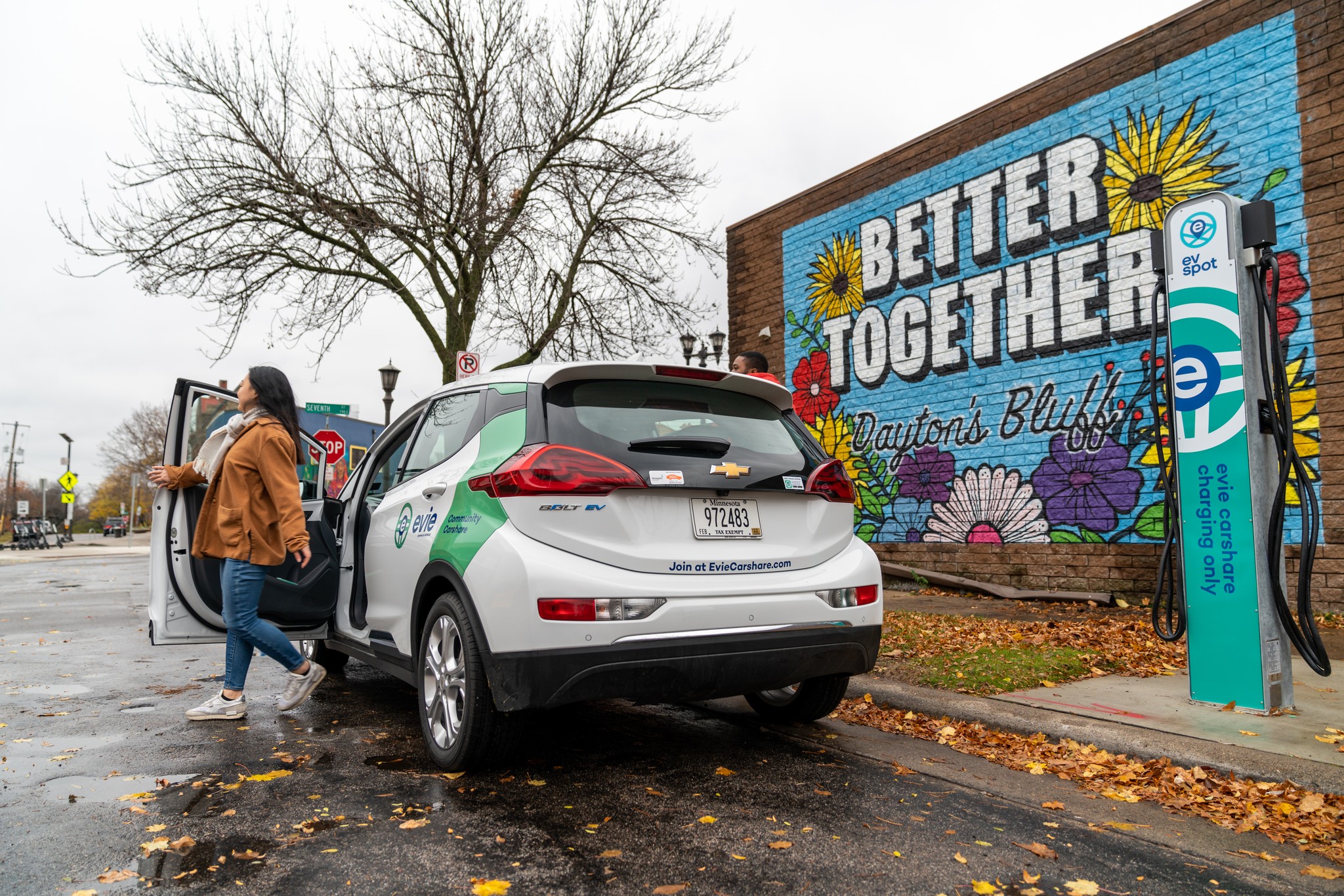
How will we reach our goal?
Our five program strategies are central to our approach, and provide clear pathways for our grantmaking.
- Transform the Energy System: We aim to ensure that the Midwest equitably transitions to an energy grid capable of powering an increasingly electrified society—a grid that’s powered by clean energy sources, accessible and affordable to ratepayers, and flexible and resilient to accommodate more clean power and withstand disruptive events. Learn more.
- Decarbonize Transportation: We aim to drastically reduce greenhouse gas emissions from the transportation sector in the Midwest through electrification and reducing driving (vehicle miles traveled, or “VMT”) by increasing the use of transit, biking, and other mobility options. We support the Midwest States leading in transportation infrastructure implementation that is equitable, and sustainable and ensures that everyone has access to clean, affordable, and accessible transportation mobility options. Learn more.
- Decarbonize Buildings: We aim to dramatically reduce greenhouse gas emissions from the buildings sector in the Midwest, cutting energy usage, electrifying equipment and appliances, and resolving the energy insecurities and burdens of under-resourced households. Learn more.
- Support Working Lands: We aim to partner with the stewards of working lands to advance solutions that cut greenhouse gas emissions (carbon, methane, and nitrous oxide), sequester carbon, and build soil resiliency in the face of increasing climate disruptions, while centering the leadership of farmers and rural communities’ prosperity. Learn more.
- Strengthen Democratic Participation: We aim to increase statewide infrastructure and capacity, engage diverse people in advancing our shared prosperity, and create platforms for broader participation to realize vibrant, equitable, and climate-resilient communities. Learn more.
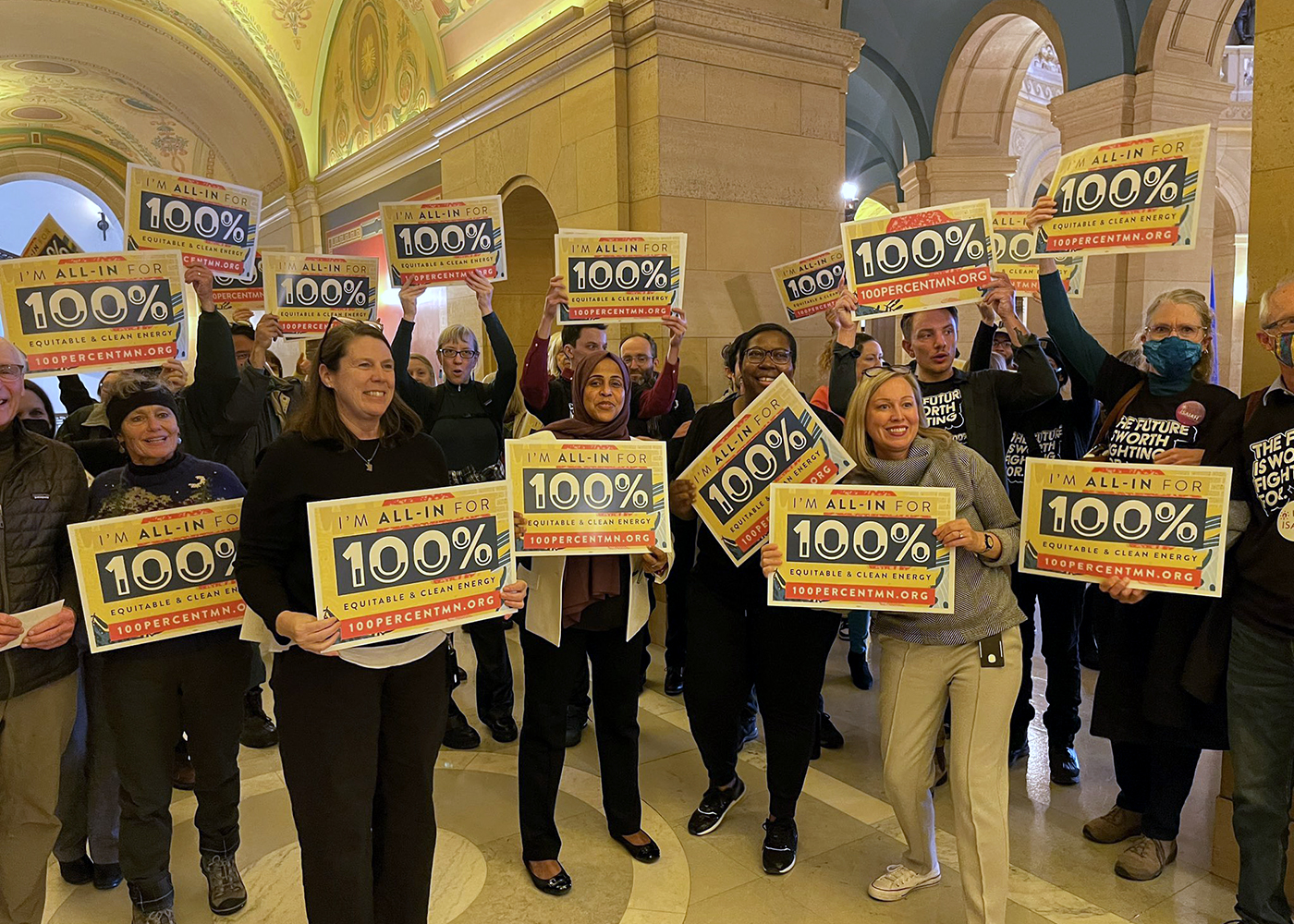
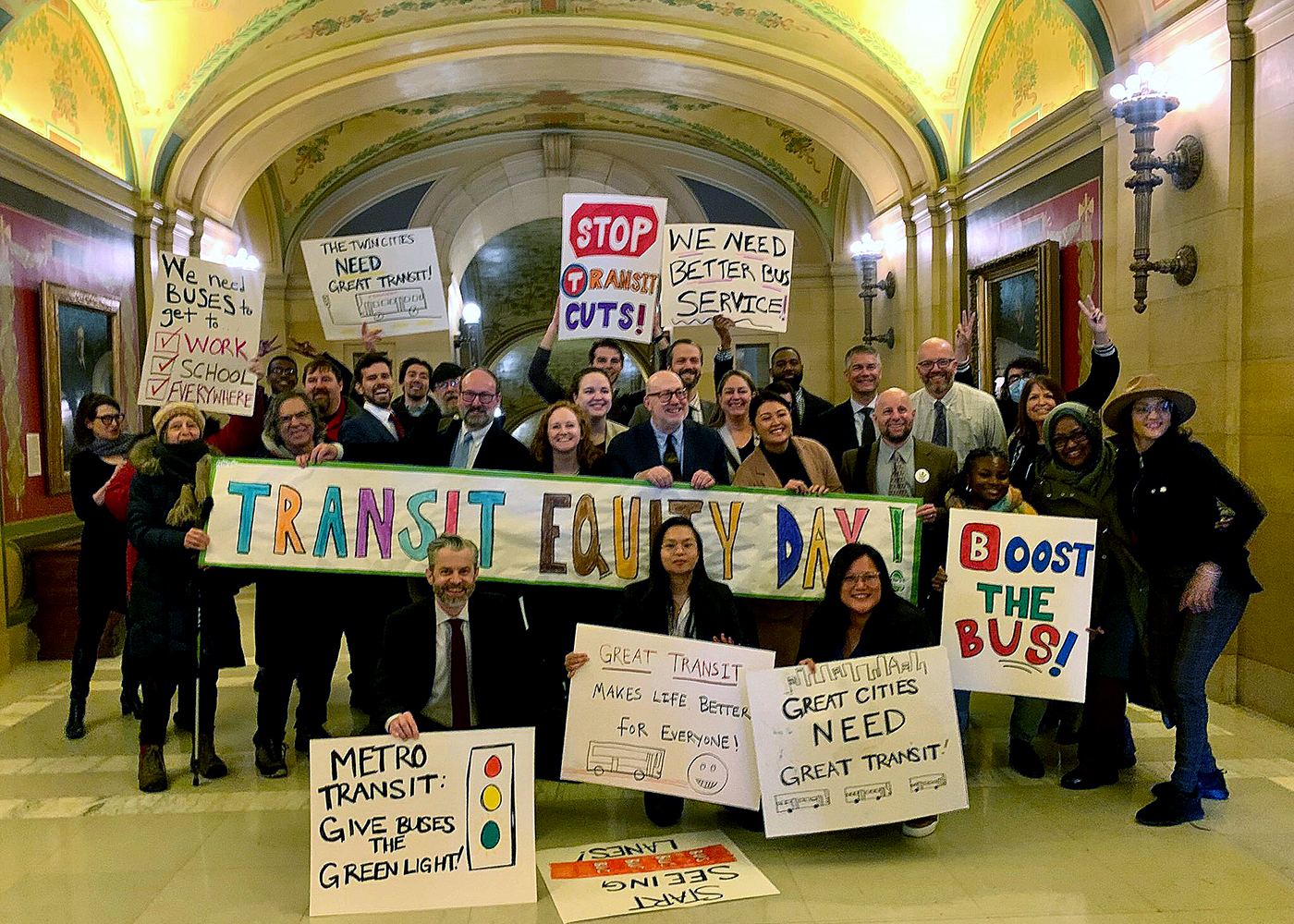
What have we learned over the past year of exploring our goal and strategies?
- Context & Proximity Matters: The Midwest is at the heart(land) of a wholesale transformation of our economy—away from one built on fossil fuels, and towards a regenerative clean energy economy where all communities can thrive. Given each state’s unique energy context and ambitions, it is important to anchor our approach in pathways that capitalize and leverage the unique assets across public, private, and nonprofit partners. We will continue to work through key intermediaries as well as fund directly to those who are proximate to the communities and leadership we seek to bolster, exemplified by efforts underway in Ann Arbor, Michigan where the City and a local nonprofit are partnering to electrify the entire frontline Bryant neighborhood.
- Capital Matters: The combination of the rising climate crisis, including the direct experience of climate shocks, and an unprecedented level of public and private investment are creating a catalytic moment of opportunity to build on local experiments to scale solutions, in areas such as electrification, storage, and decarbonization. We must invest in the capacity of the public sector and partners to ensure we are able to take full advantage of available resources for advancing climate solutions that equitably benefit people and planet. We will dig into innovative models to close racial wealth gaps and increase access to long-term, low-interest financing for under-resourced communities, like GroundBreak Coalition and green banks. We will also continue to partner with McKnight’s investment team as we pursue a net zero endowment by 2050.
- Equity Matters: McKnight’s focus on equity and prosperity, along with our regional focus and approach to capital, positions us to play a unique leadership role in catalyzing and guiding this investment toward systemic and scaled change over the next decade. We have an opportunity to put people at the center of the solutions, providing justice and equity for those communities who have disproportionately borne the brunt of climate impacts and environmental injustice, and whose hard work and sacrifice across generations built our fossil fuel economy.
- Openness & Trust Matters: We know that equity in grantmaking is ultimately a matter of respect and trust, and how a funder designs its grantmaking processes and systems is one way to forge true partnership. That’s why in October of 2022 we streamlined our application process to reduce administrative burden, and why this year we opened our grantmaking to begin accepting proposals from Minnesota, Wisconsin, and Iowa.
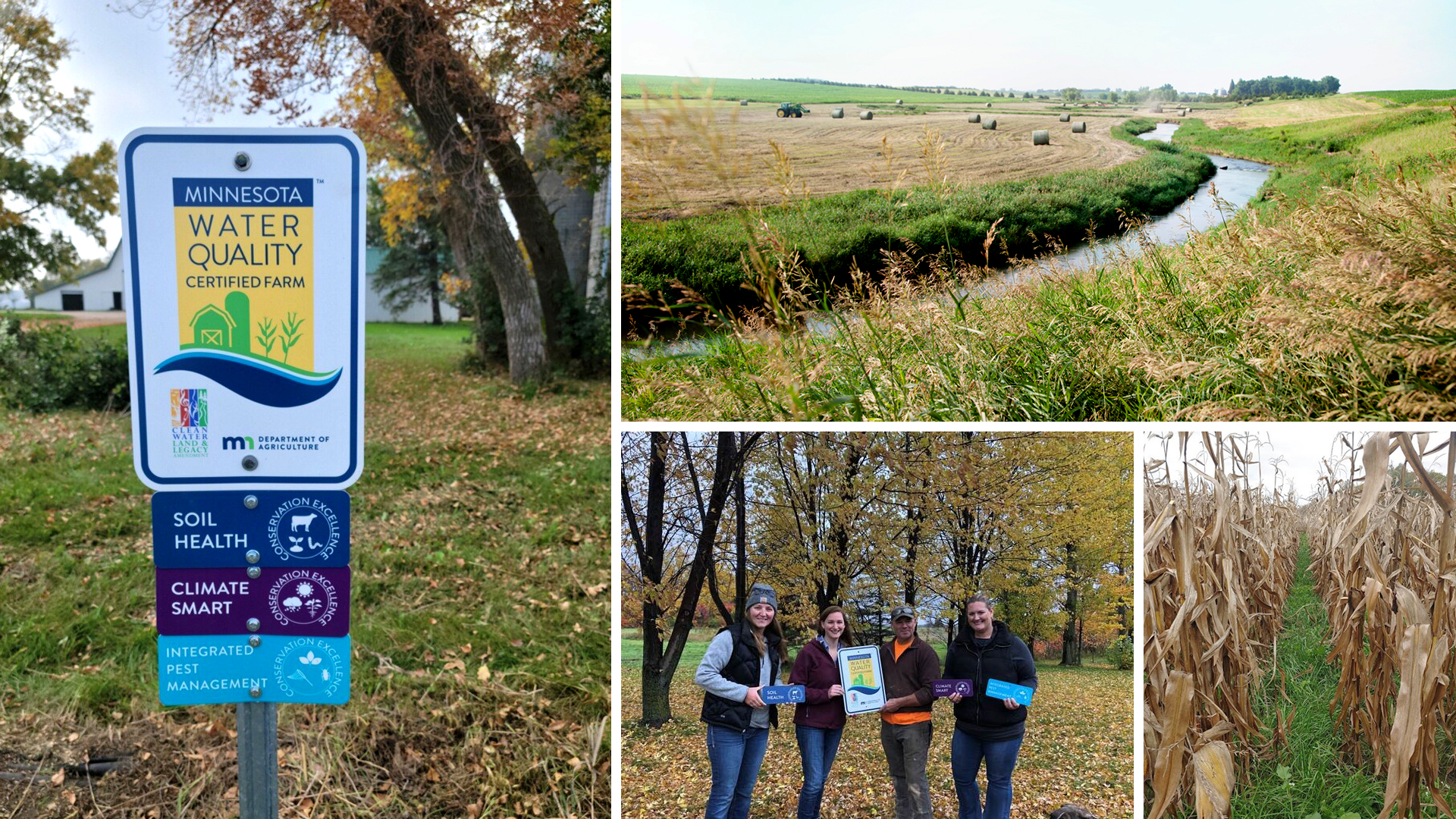
What future are we building together?
We believe it is crucial in this moment to build a climate movement and a clean energy economy that can withstand increasingly extreme weather and extreme viewpoints, bridge across differences, and lead with community-centered values.
To spur ubiquitous local action on climate, we need to build public will. That’s the only way to make lasting change. As people start to see positive transformations in their community and their lives from the transition to an equitable clean energy economy, narratives of hope will grow and inspire, diffusing the power of disinformation and creating more and more solid ground for the pathways forward. These positive shifts in public discourse around energy policy development and clean energy deployment will be sustained by powerful bipartisan, multi-issue, multiracial coalitions.
“Let’s act now to ensure that we are the generation that secures a new reality of climate hope and shared prosperity on a livable planet.”–SARAH CHRISTIANSEN, MIDWEST CLIMATE & ENERGY PROGRAM DIRECTOR
The final lines of Amanda Gorman’s poem “Earthrise” encapsulate the hope and courage I’m feeling now.
All of us bring light to exciting solutions never tried before
For it is our hope that implores us, at our uncompromising core,
To keep rising up for an earth more than worth fighting for.
And the words of UN secretary general António Guterres in the latest IPCC report underscore the incredible urgency of now: “This report is a clarion call to massively fast-track climate efforts by every country and every sector and on every timeframe. Our world needs climate action on all fronts: everything, everywhere, all at once.”
Let’s act now to ensure that 30 years from now, we can look back and know we did everything we could to rebuild our communities and economy in Minnesota, the Midwest, and the nation. Let’s act now to ensure that we are the generation that secures a new reality of climate hope and shared prosperity on a livable planet.
